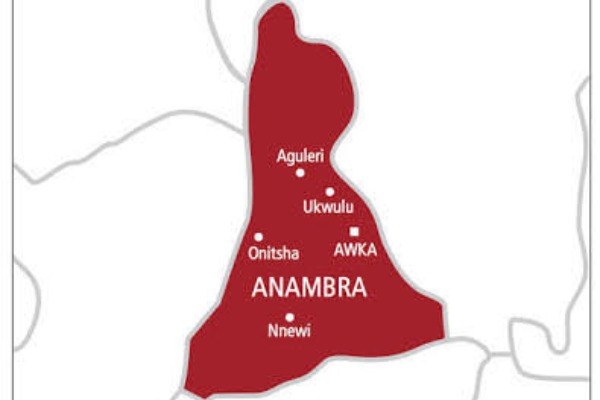Following the statement by the Attorney General of the Federation and Minister of Justice, Abubakar Malami (SAN) that a state of emergency may be declared in Anambra State if insecurity continues, lawyers have continued to express their views.
In his view, Professor Ernest Ojukwu (SAN) said the declaration of a state of emergency in any part of Nigeria “should only be resorted to if there is a true state of emergency in the letters and spirit of the constitution.”
Also, Dayo Akinlaja (SAN) said the proclamation of state of emergency is regulated essentially by Section 305 of the Nigerian Constitution.
“So the president can suo motu declare state of emergency and seek the approval of the National Assembly thereafter. The question of what constitutes actual breakdown of public order and public safety is for the president to determine but subject to the approval of the National Assembly on account of which the president cannot altogether act capriciously or whimsically in reaching the decision,” he said.
For his part, Sam Kargbo Esq said the federal government must consider the parameters for such declaration, otherwise, it could worsen the situation in the state.
“Has the state lost its legitimacy based on its inability to provide security? And is it that without the federal government’s intervention the lives and properties of the indigenes and residents are in jeopardy?” he asked.
He advised the federal government to rather collaborate with the government bearing in mind the “state government is not solely responsible for the security of the state.”
You can’t remove gov under emergency rule – Falana
In his reaction, Femi Falana (SAN) said Section 305 of the Constitution provides that the president shall have power to issue a proclamation of a state of emergency “if there is actual breakdown of public order and public safety in the federation or any part thereof to such extent as to require extraordinary measures to restore peace and security or there is a clear and present danger of an actual breakdown of public order and public safety in the federation or any part thereof requiring extraordinary measures to avert such danger.”
He stated however that such emergency rule would not amount to the removal of the governor of a state because such can only be by impeachment or resignation.
He added that the emergency rule will lapse if it is not supported by a resolution by two-third majority of all the member of the National Assembly approving within two days after the publication in the Gazette or within 10 days when the National Assembly is not in session.
He noted that the president shall not issue a proclamation of a state of emergency in any state unless the governor of the state fails within a reasonable time to make a request to issue such proclamation.
“The power of the president to impose emergency rule is limited to the adoption of extraordinary measures to restore law and order or peace and stability. In other words, if a state of emergency is validly declared in any state or in the entire country, the president is empowered to deploy troops and take other extraordinary measures to restore law and order.
“Since 2015, President Buhari has imposed emergency rule in Borno, Yobe, Adamawa, Zamfara, Kaduna and Katsina states by deploying members of the armed forces to assist the police in the restoration of law and order.
“The president has adopted such extraordinary measures without seeking the approval of both chambers of the National Assembly. In other words, since the emergency rule imposed on the North East region by President Goodluck Jonathan expired by effluxion of time, President Buhari has not renewed or extended it.
“The National Assembly has not challenged the illegal emergency rule imposed without any declaration as stipulated by Section 305 of the Constitution. To that extent, I want to believe that the Buhari administration has just realised that the deployment of troops without the declaration of emergency rule in many states of the federation is illegal and unconstitutional.
“Hence, the threat issued by the Attorney-General of the Federation is an attempt to return to constitutionalism with respect to imposition of emergency rule in Anambra State and other states in the North West, North East and South East regions where the federal government is waging a full-scale war against terrorists and the so-called gunmen.”

 Join Daily Trust WhatsApp Community For Quick Access To News and Happenings Around You.
Join Daily Trust WhatsApp Community For Quick Access To News and Happenings Around You.


